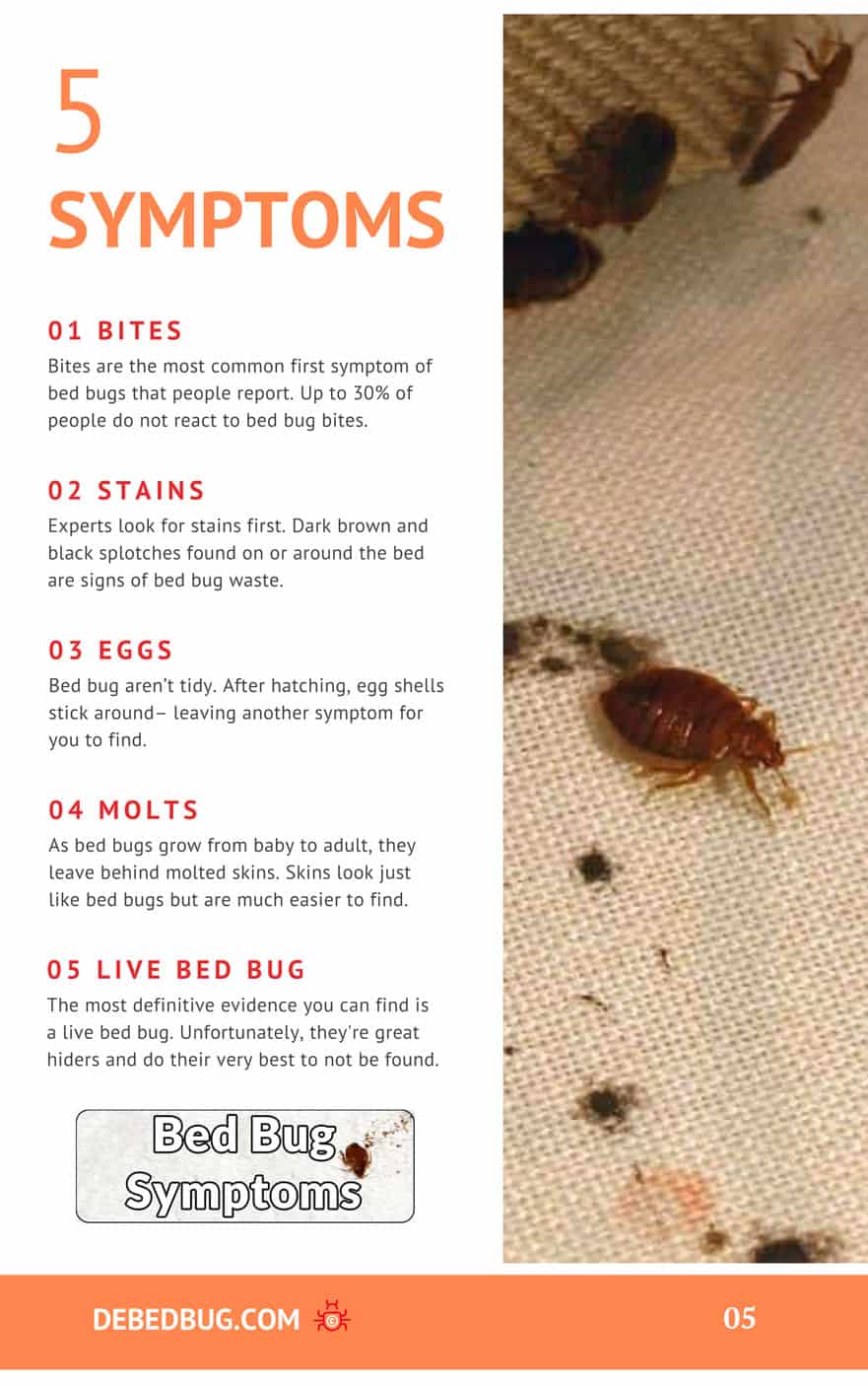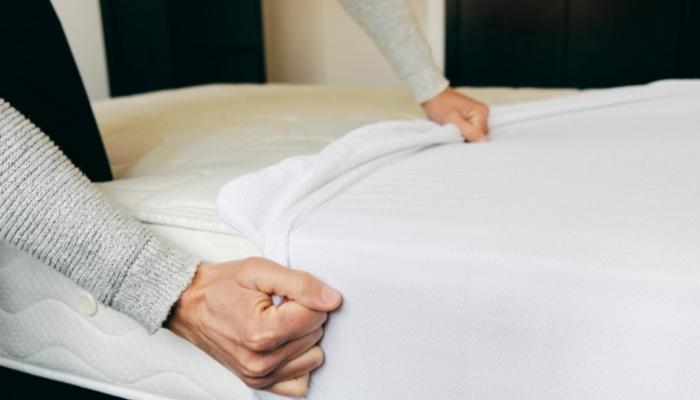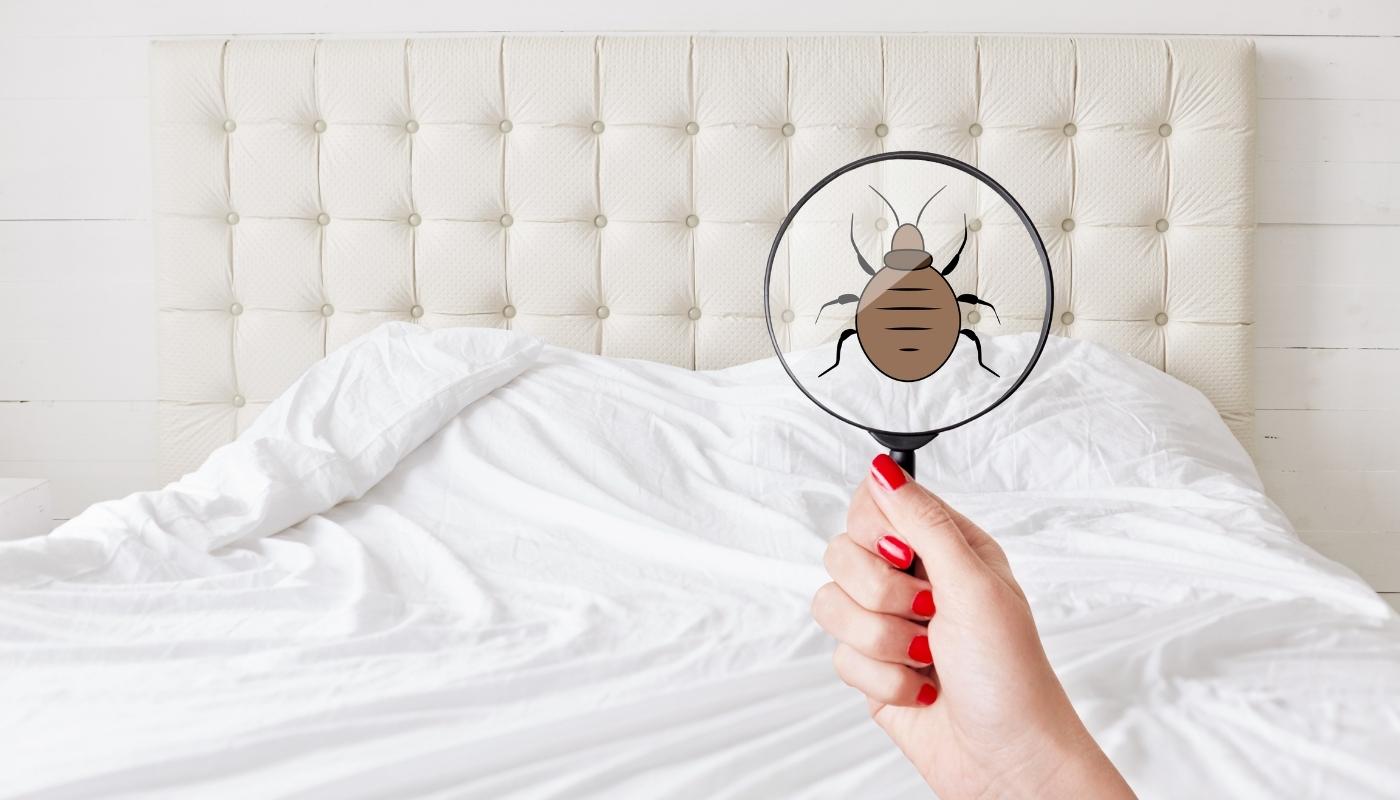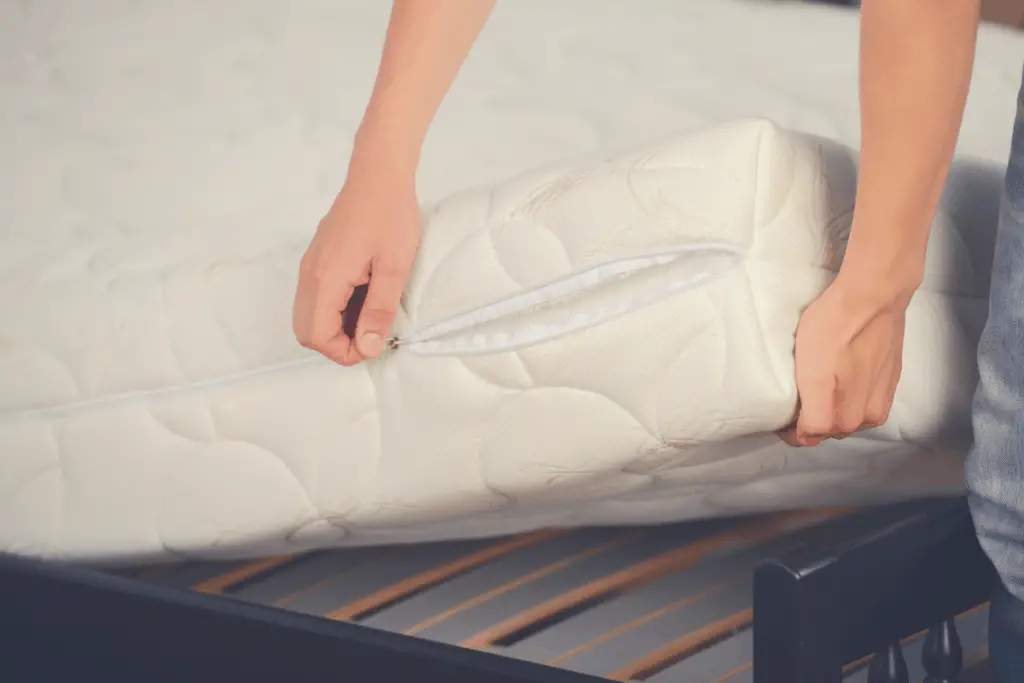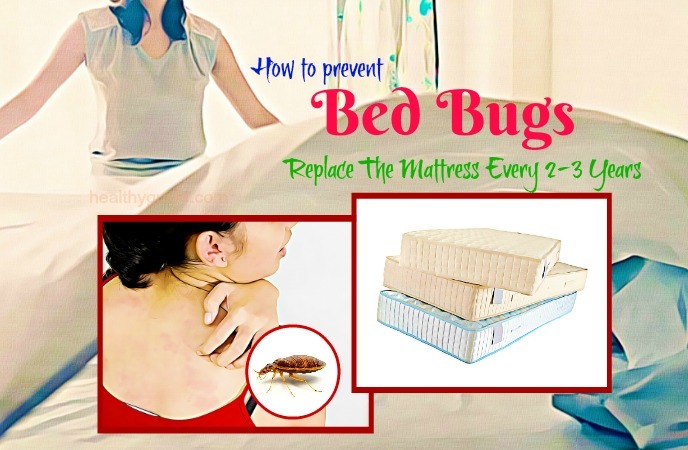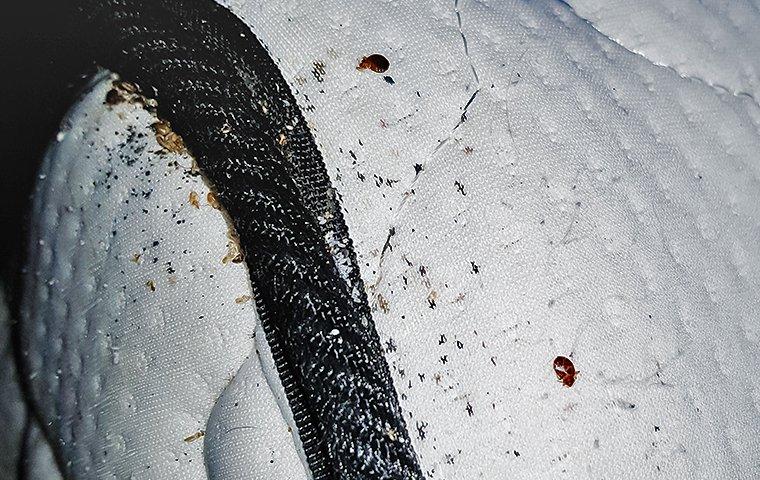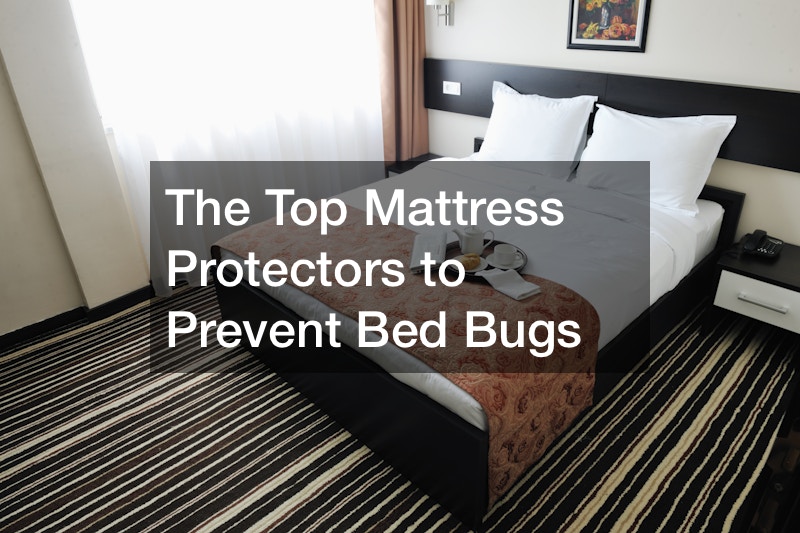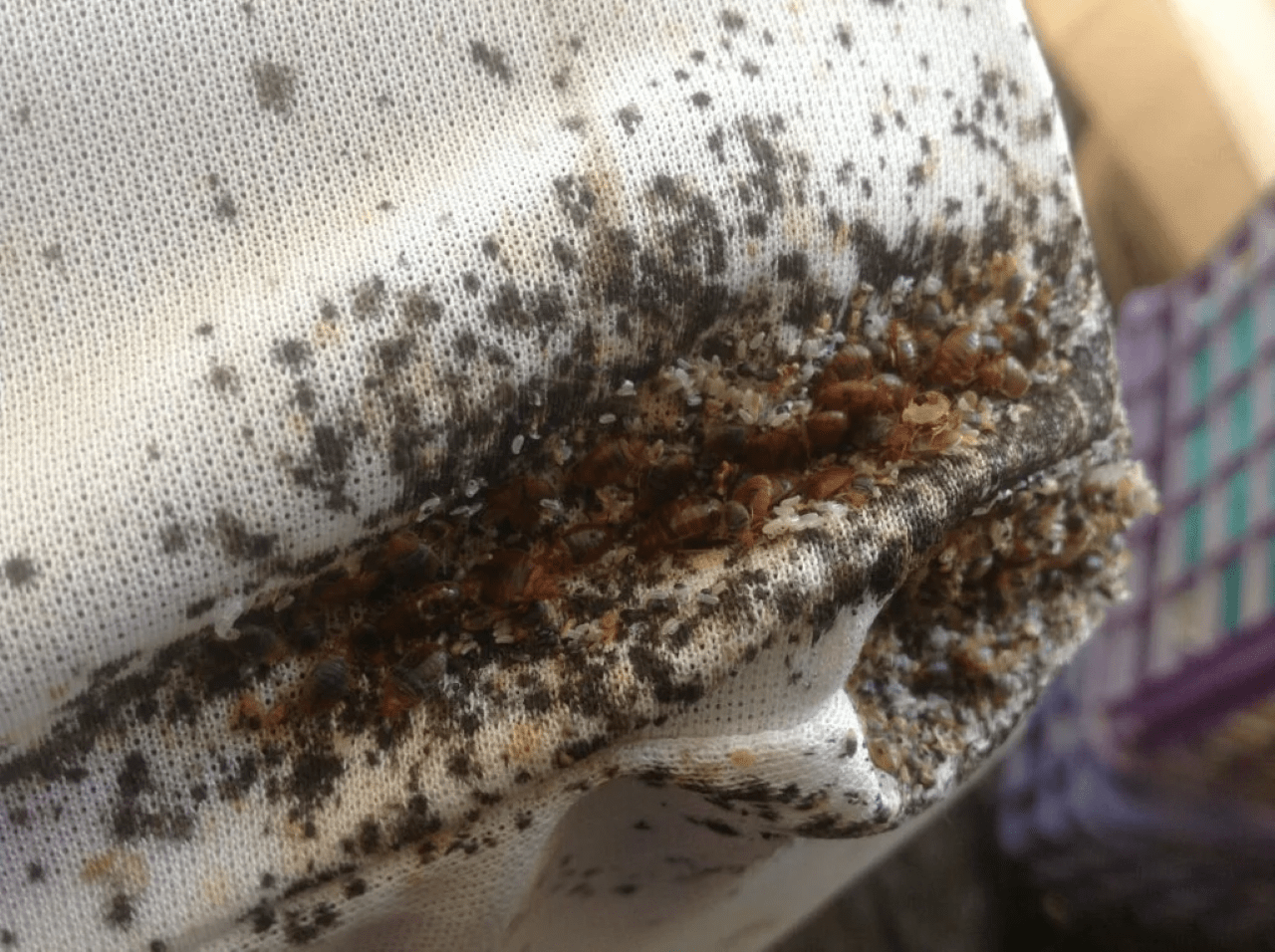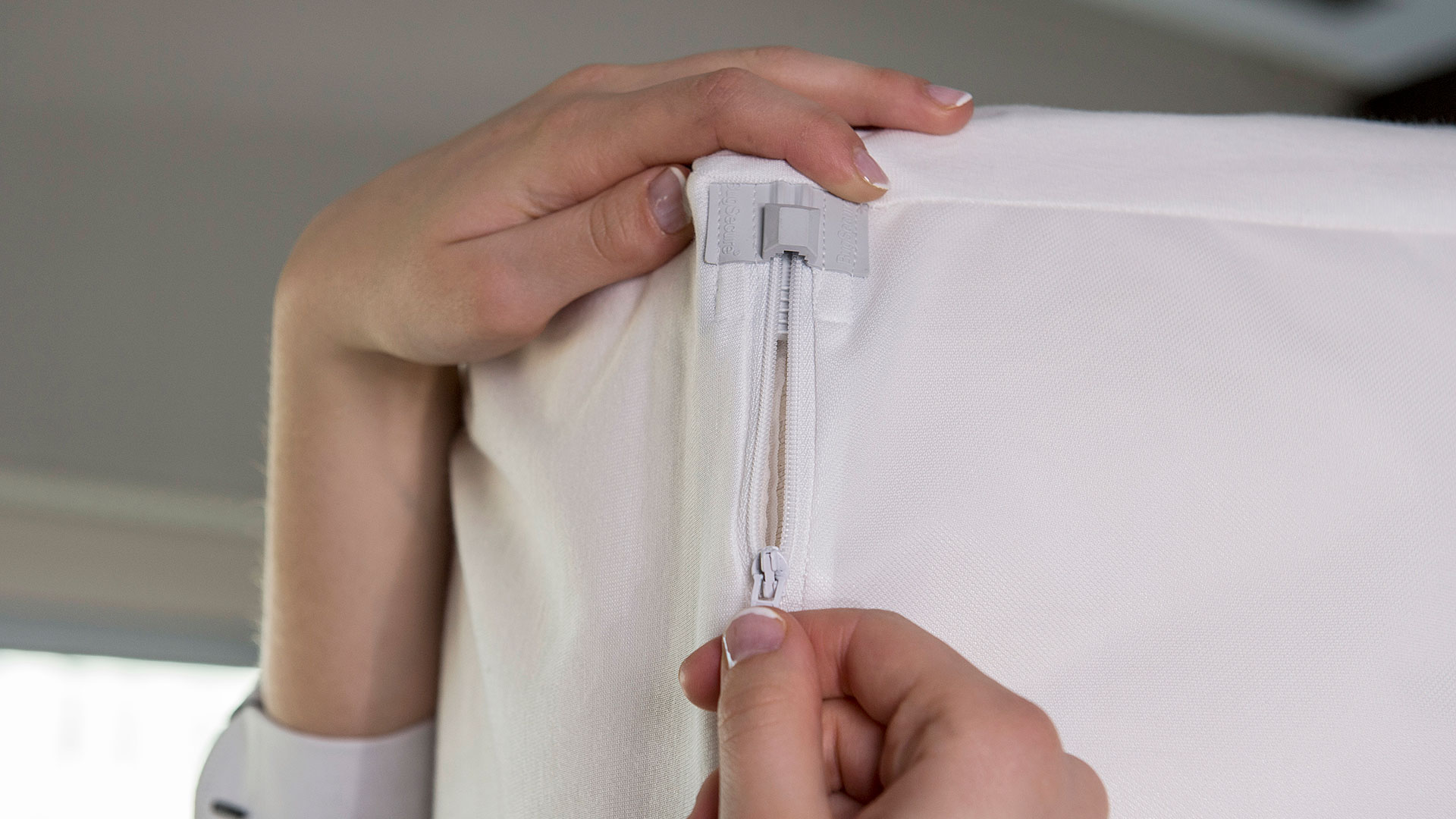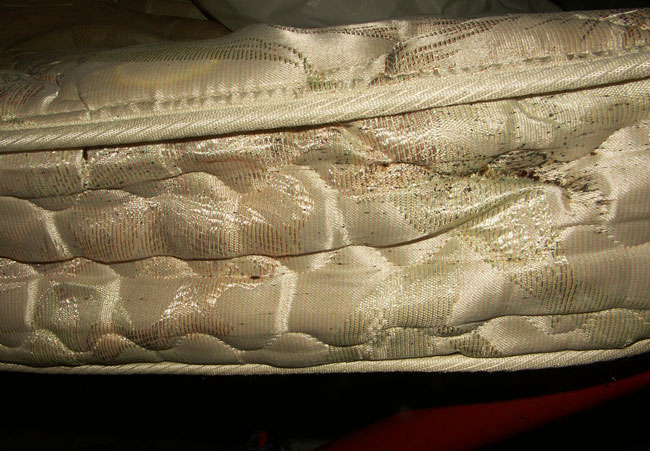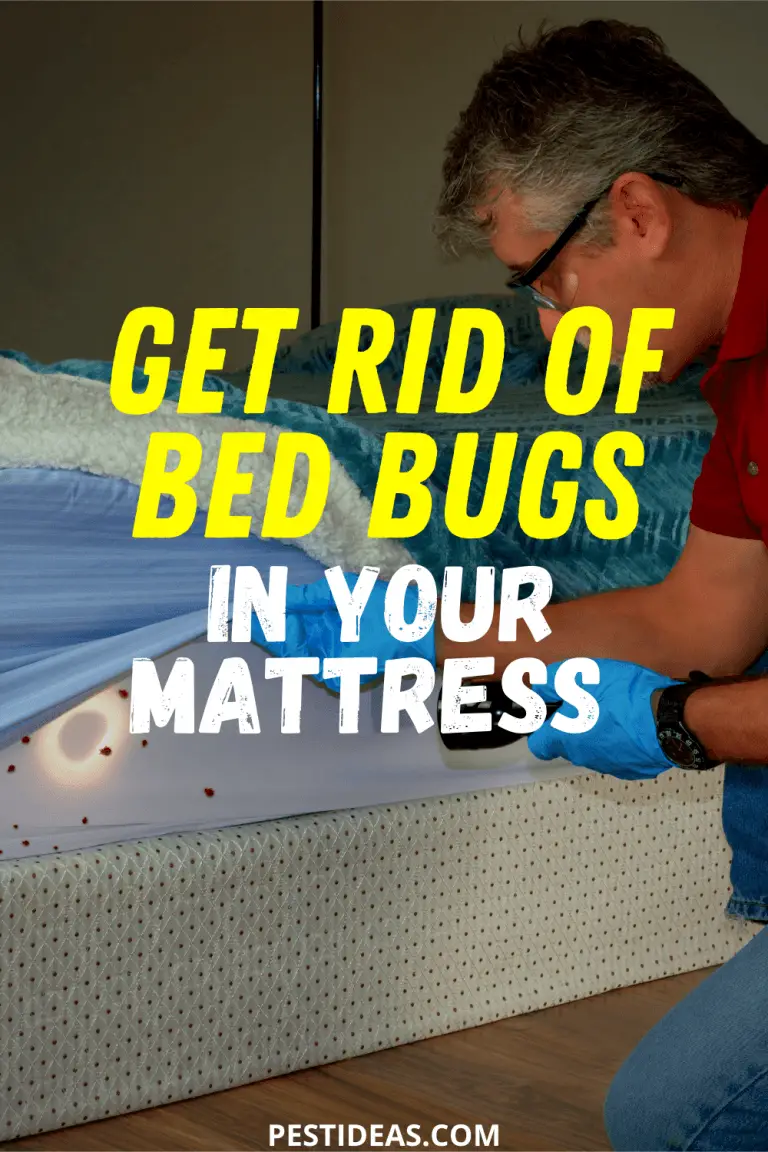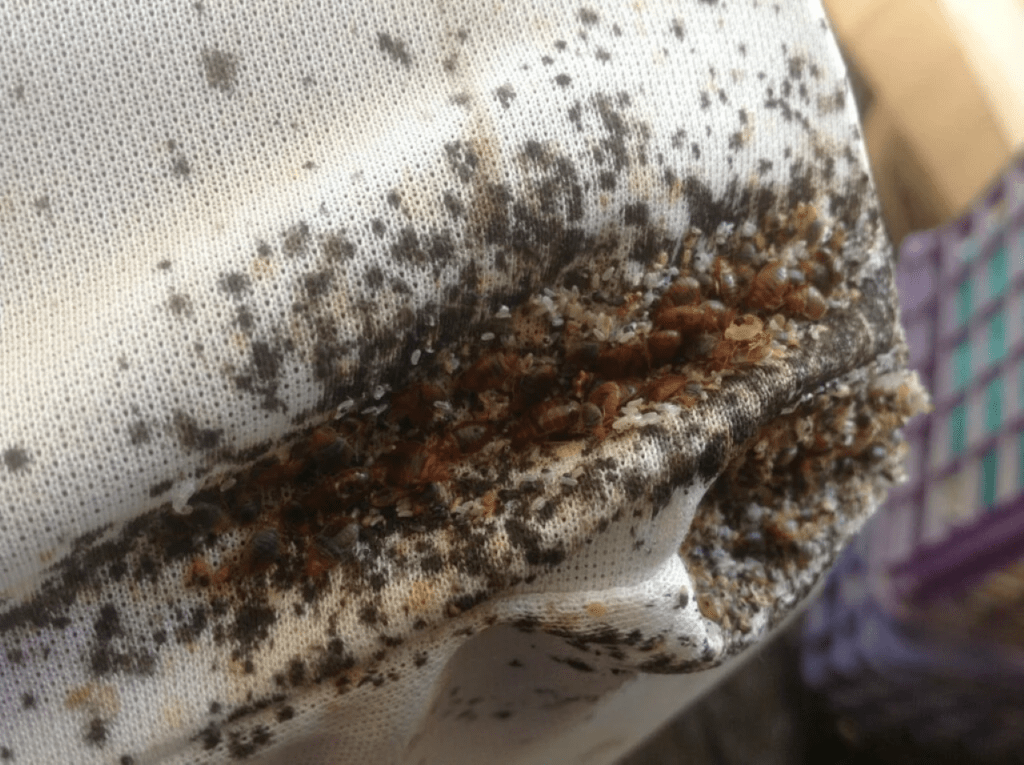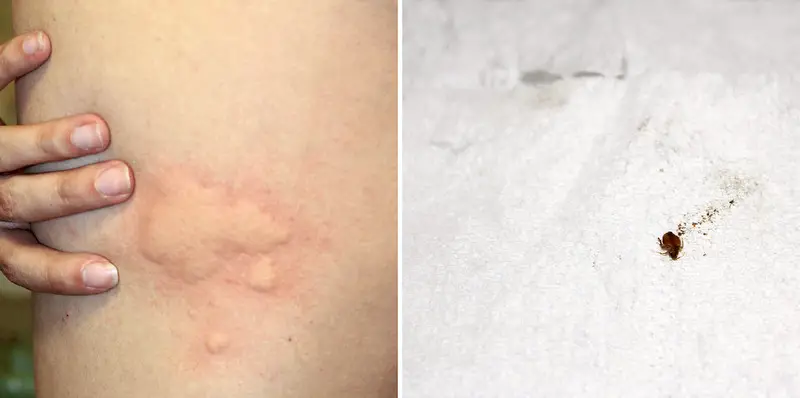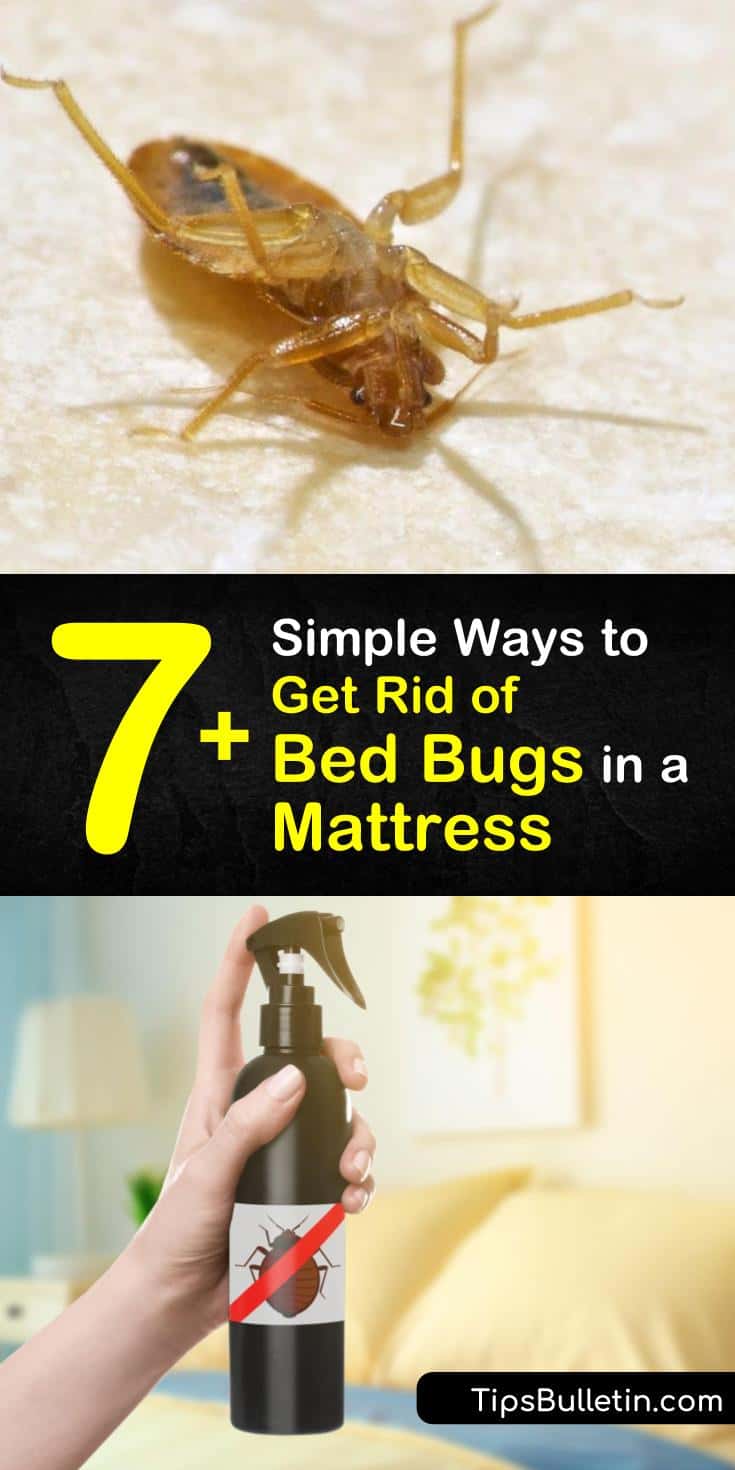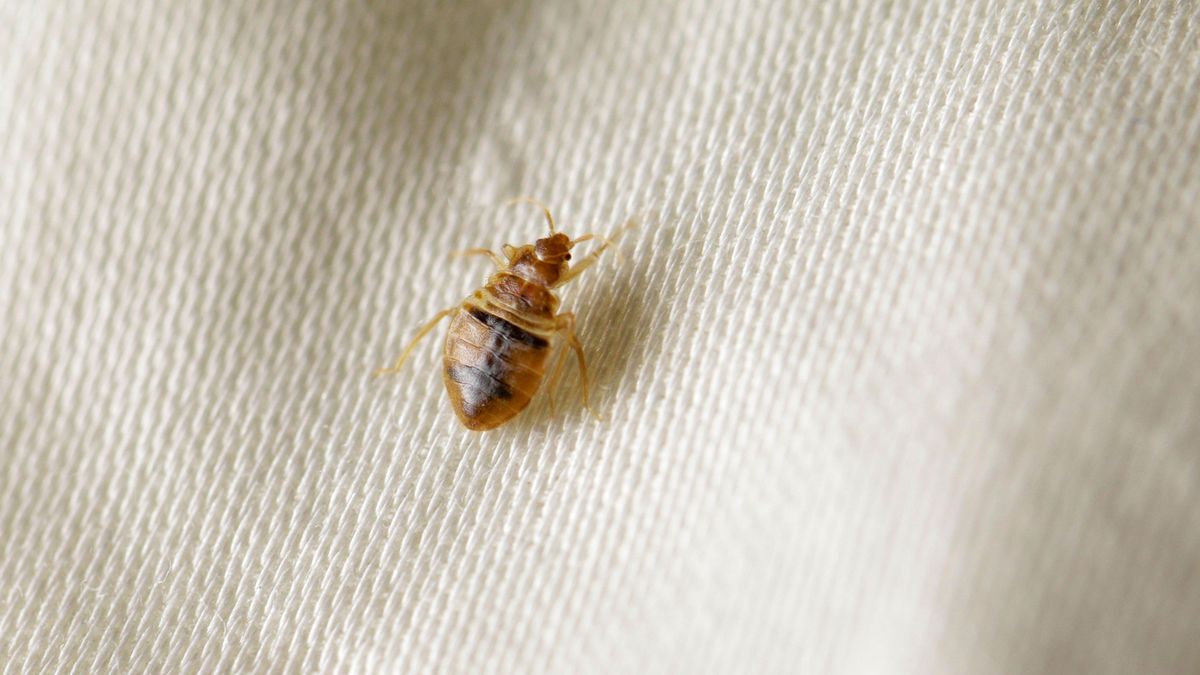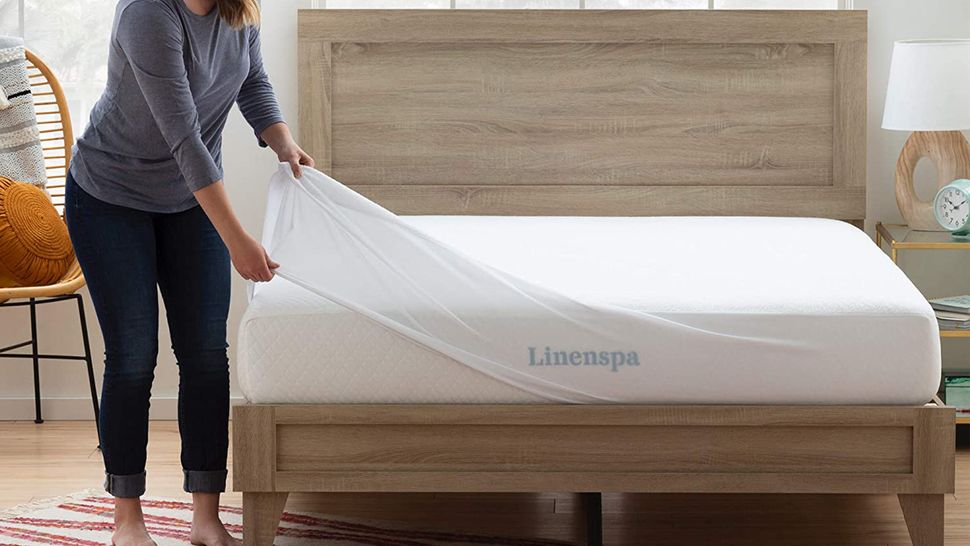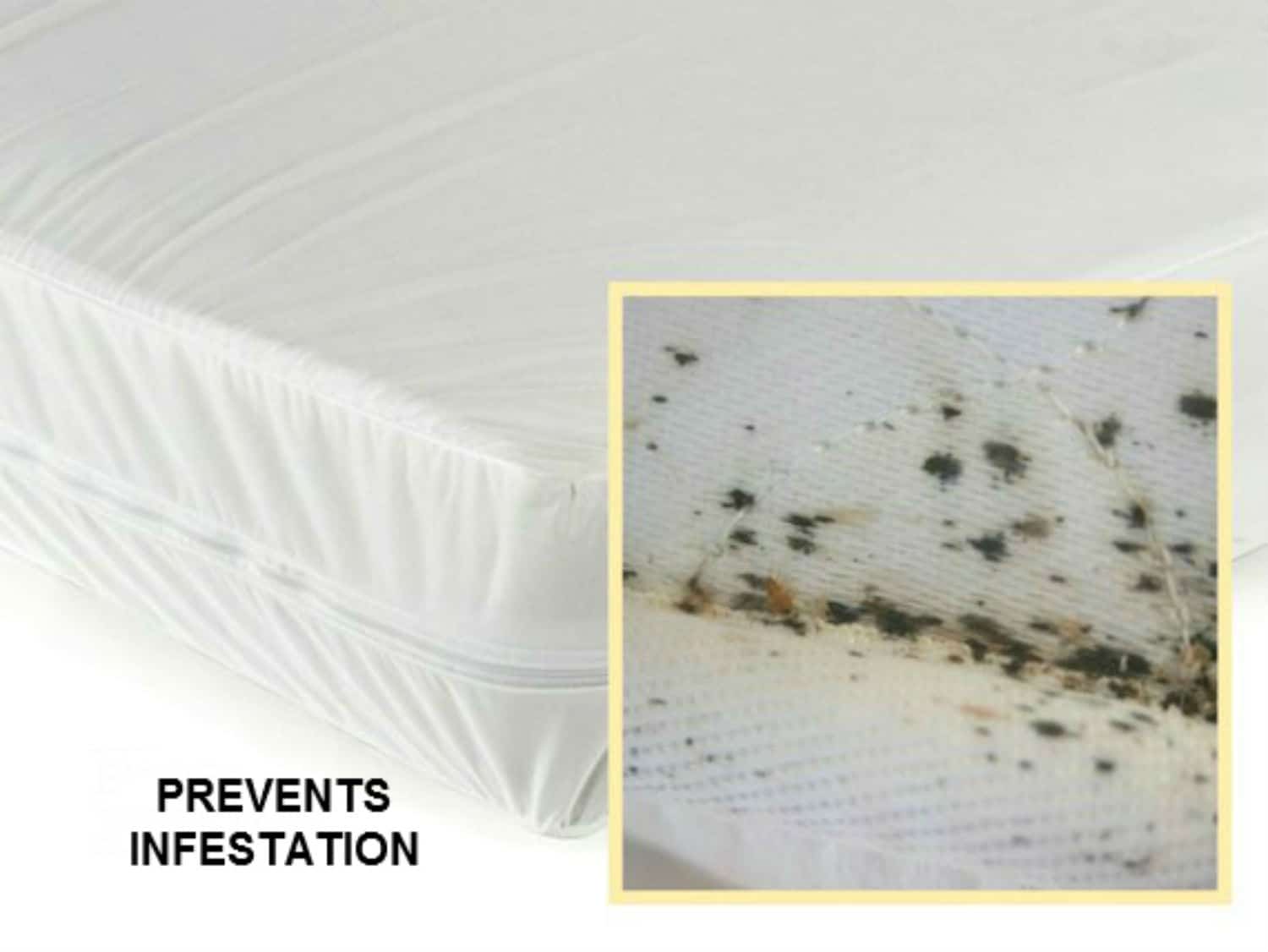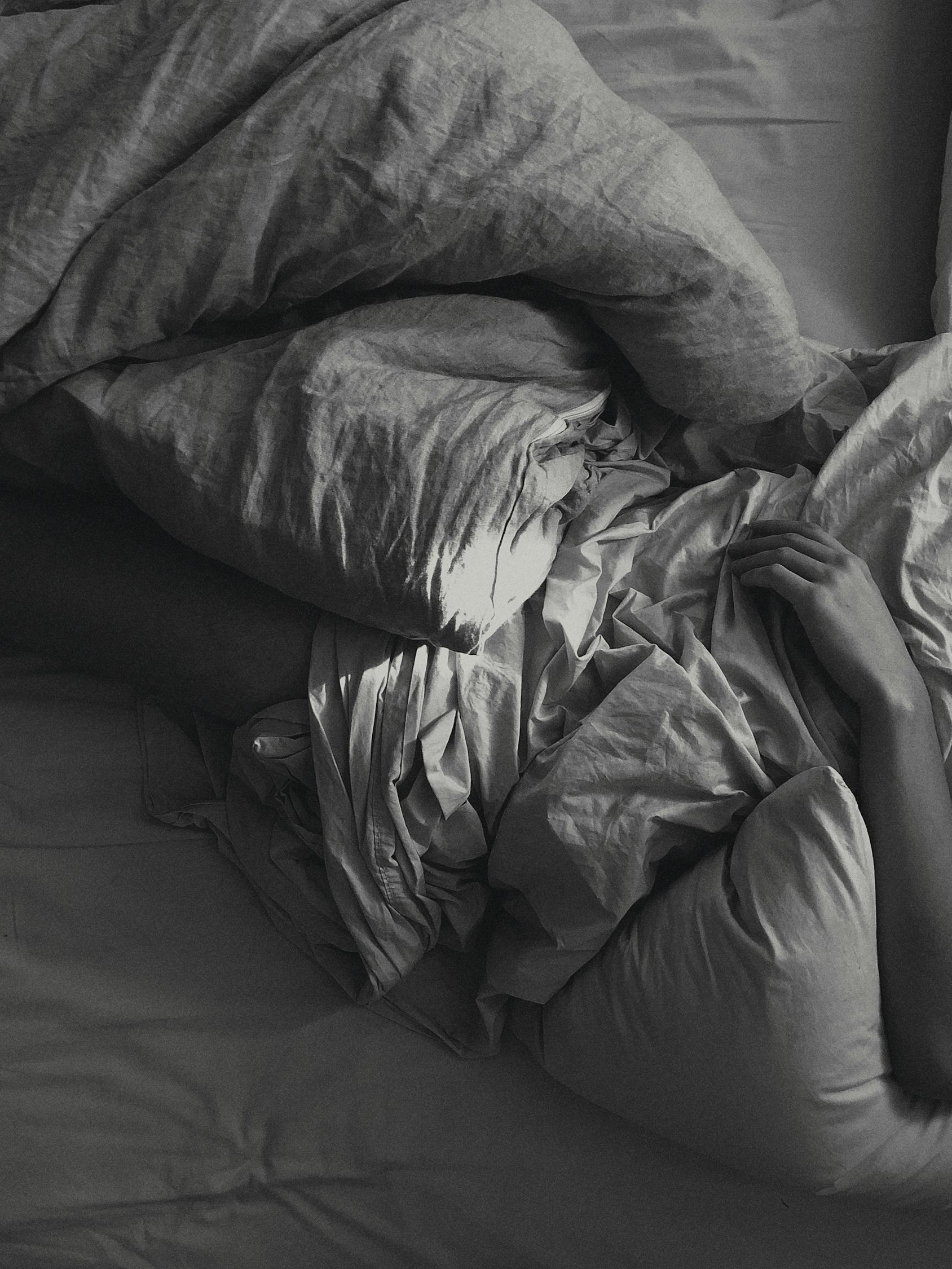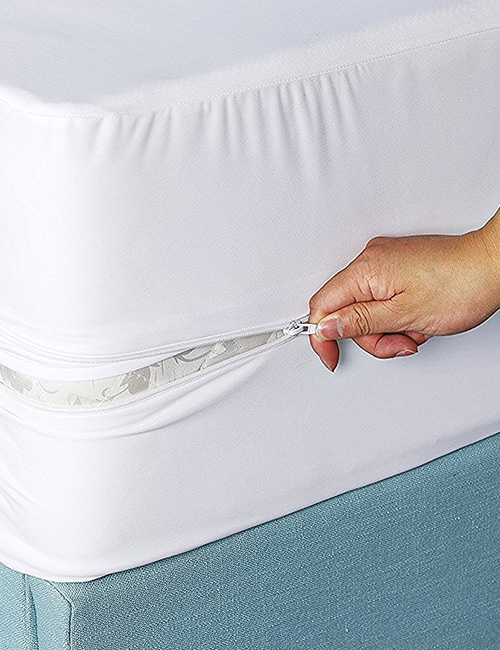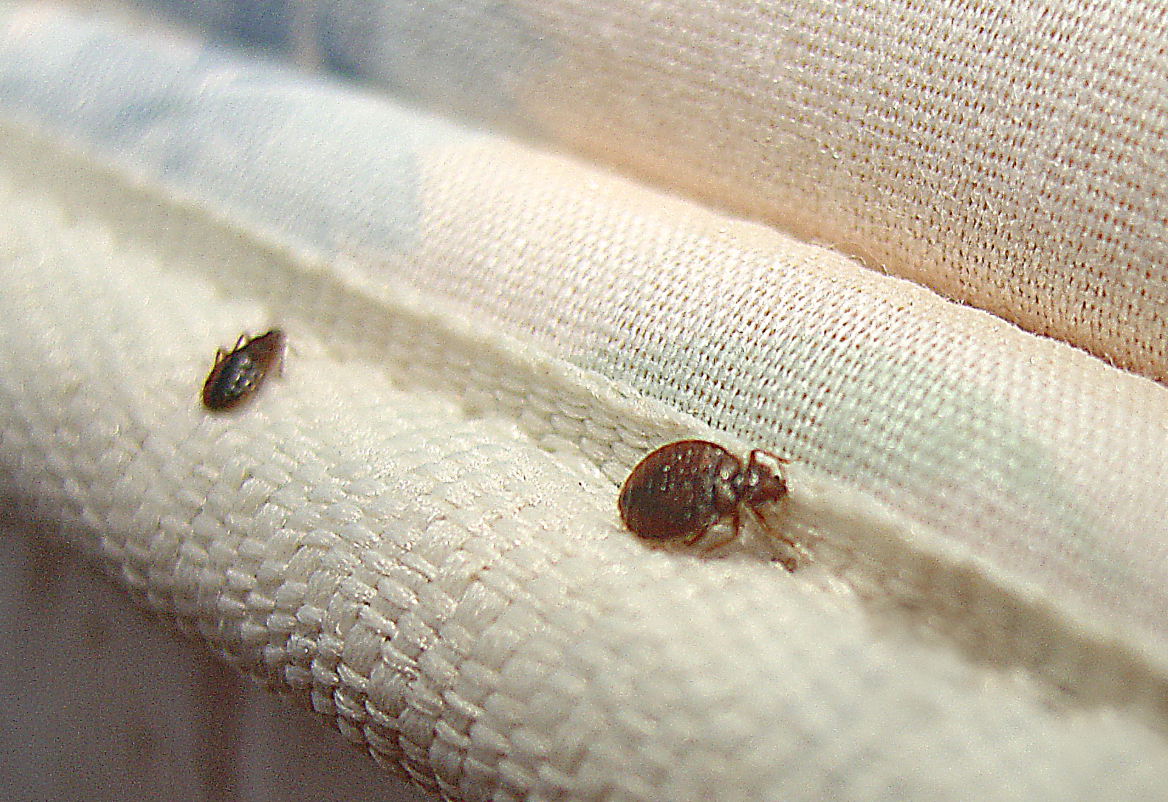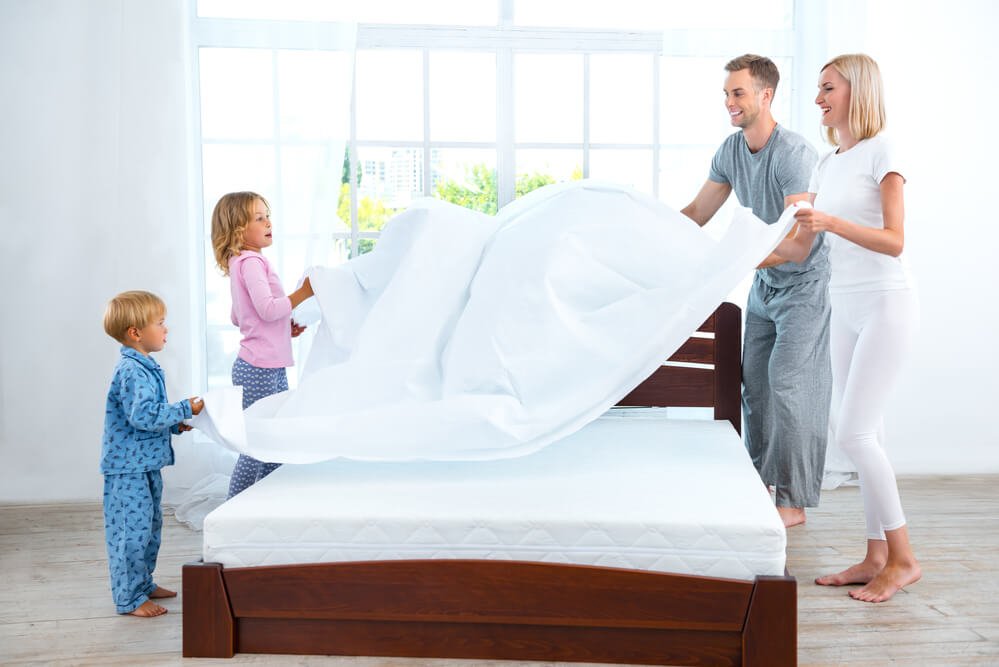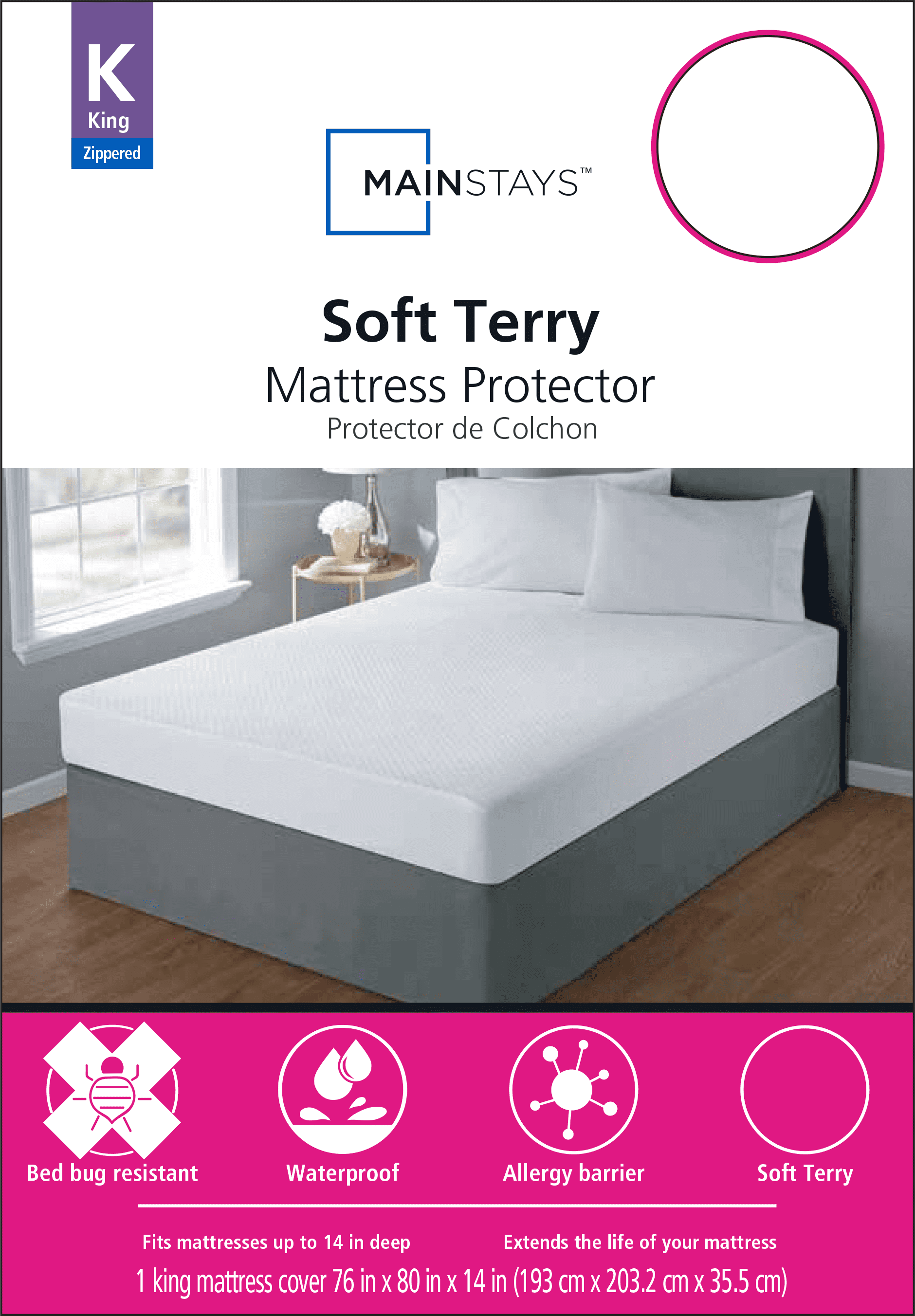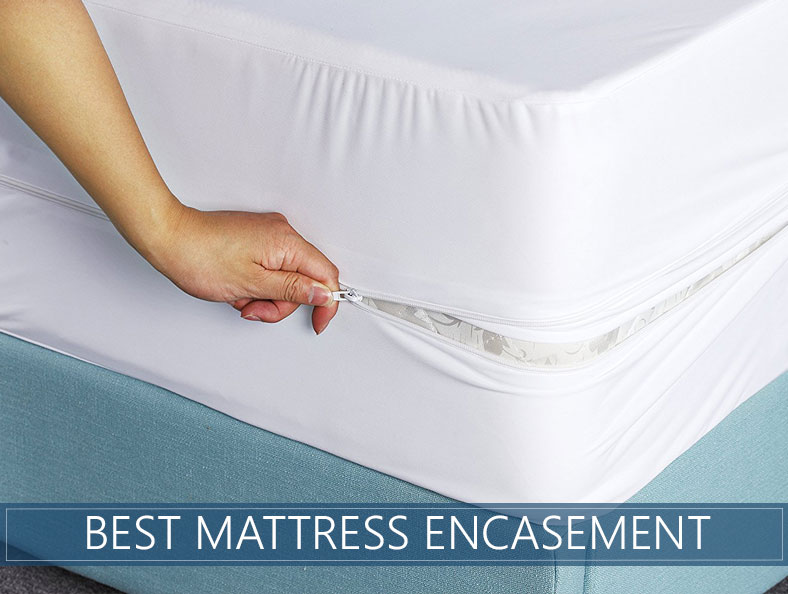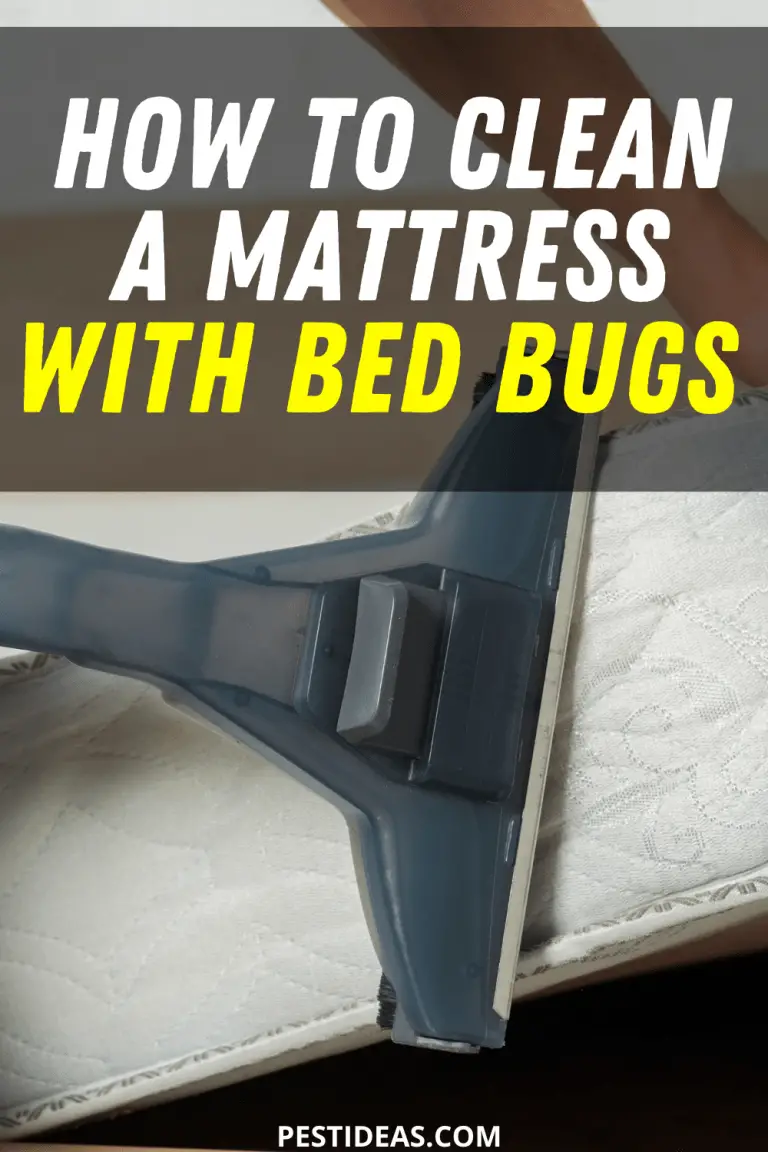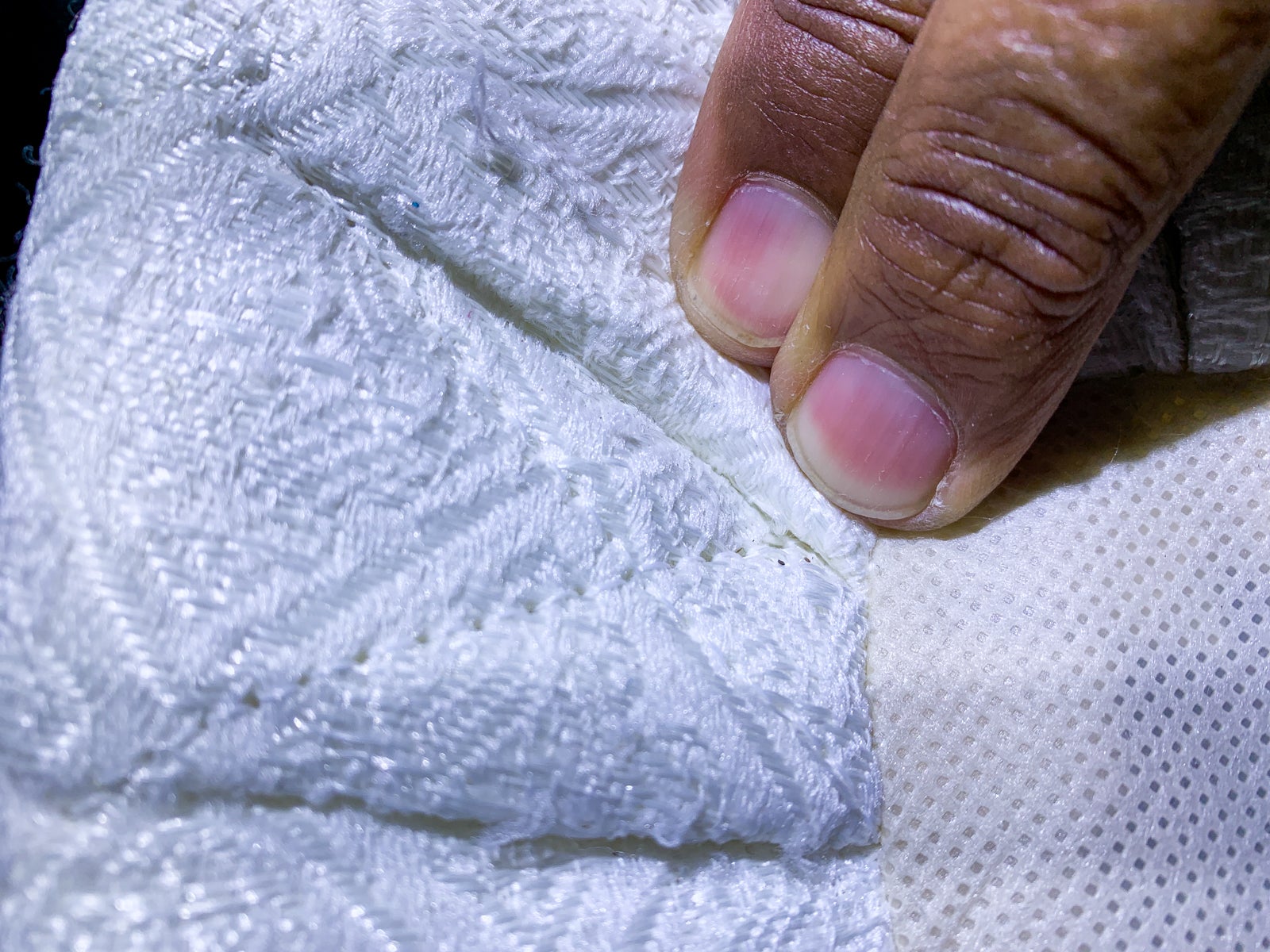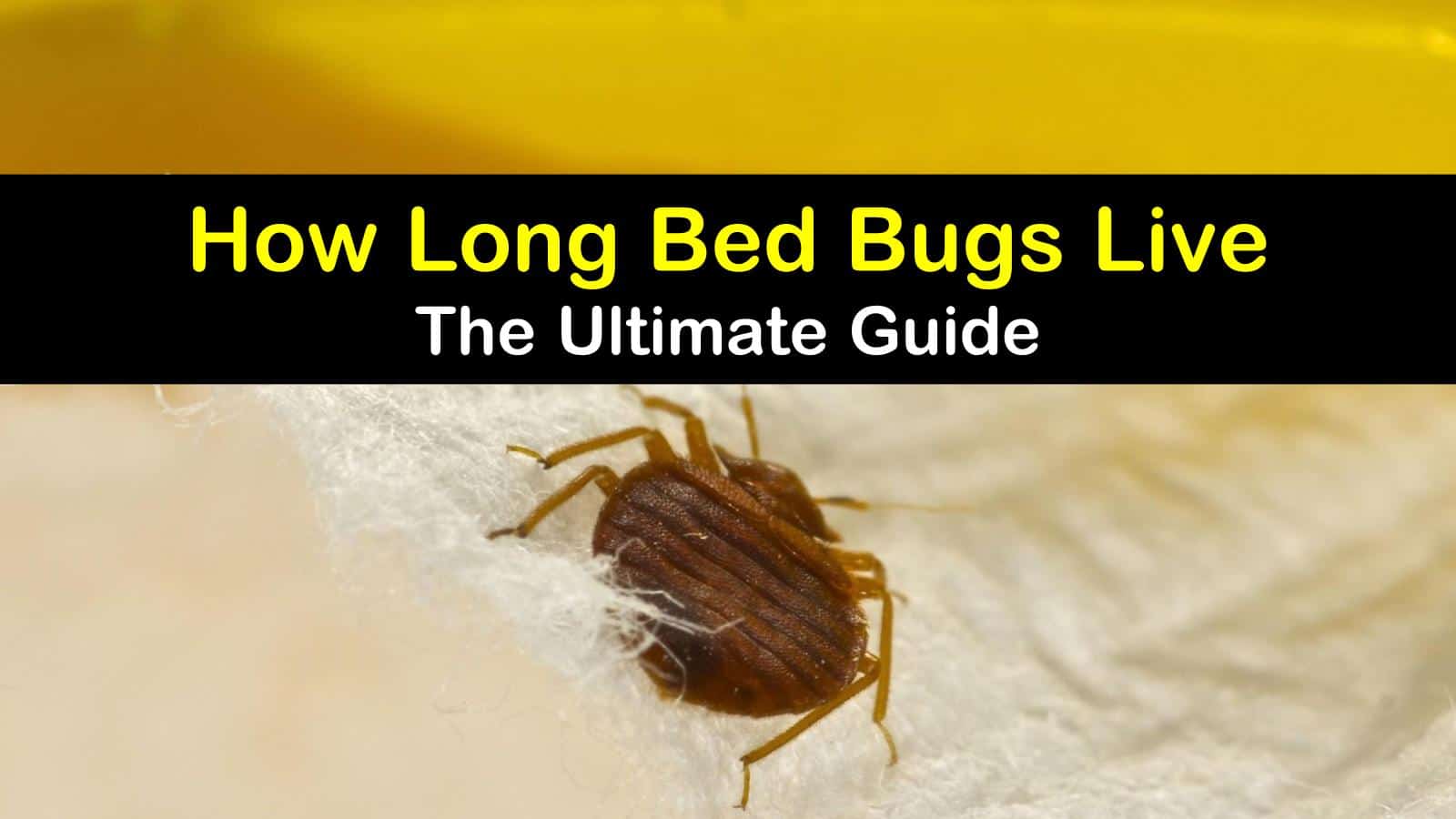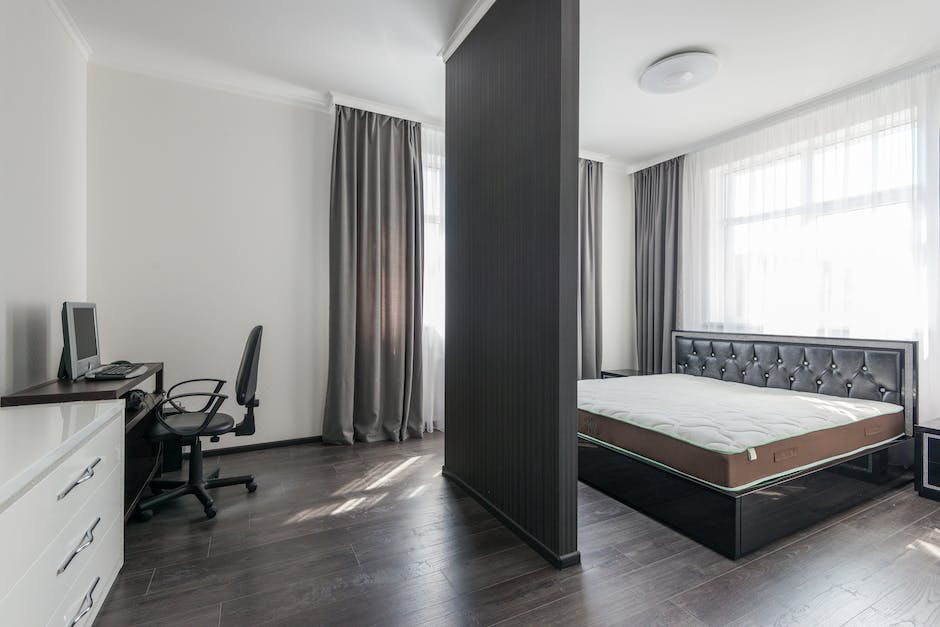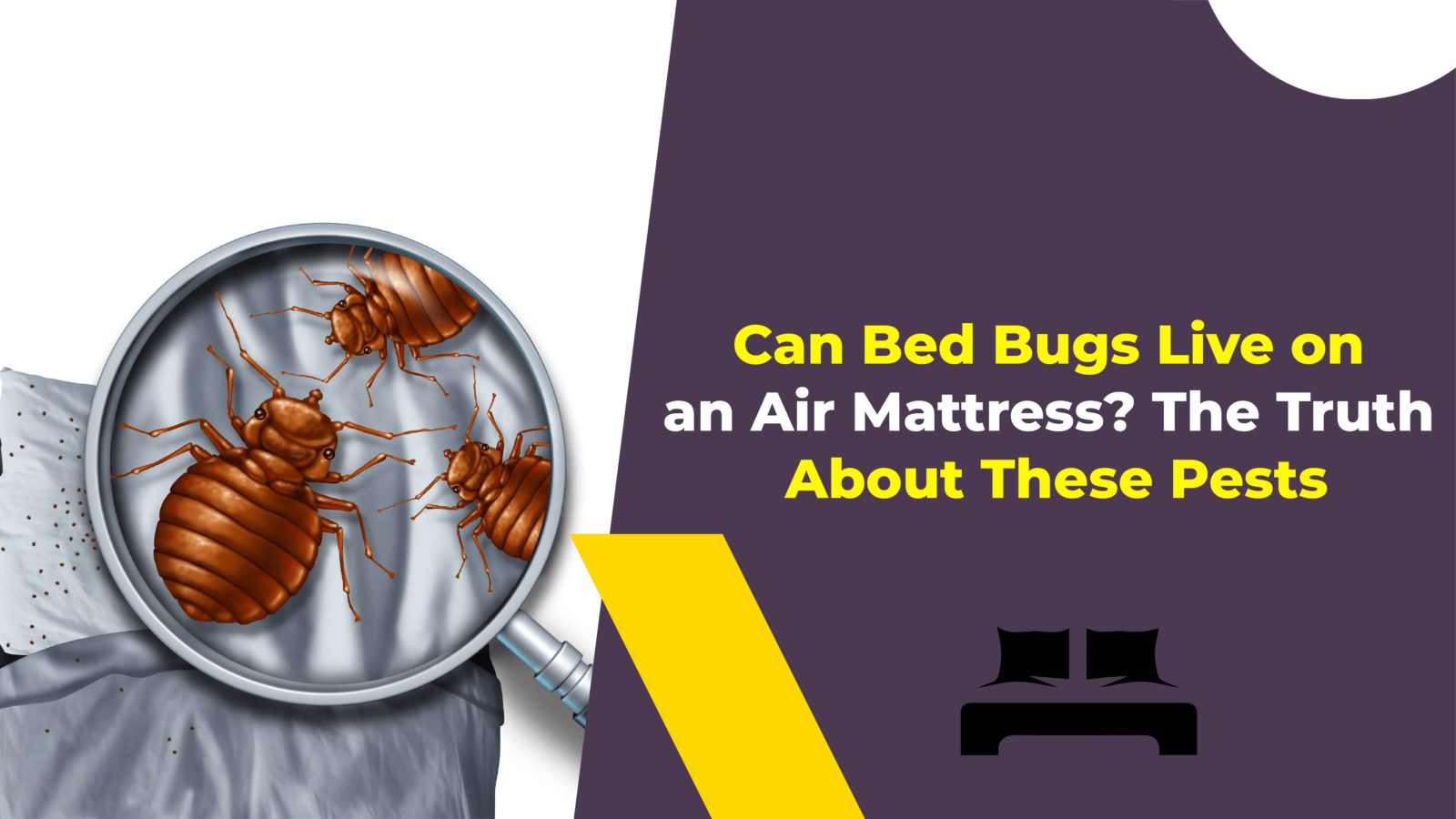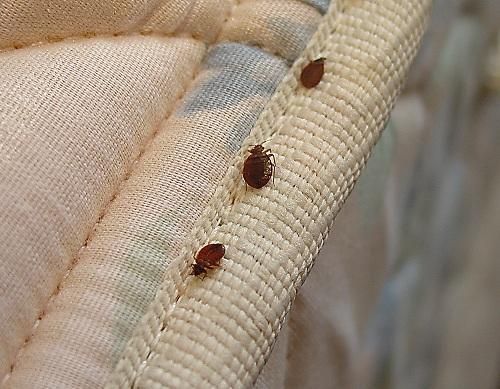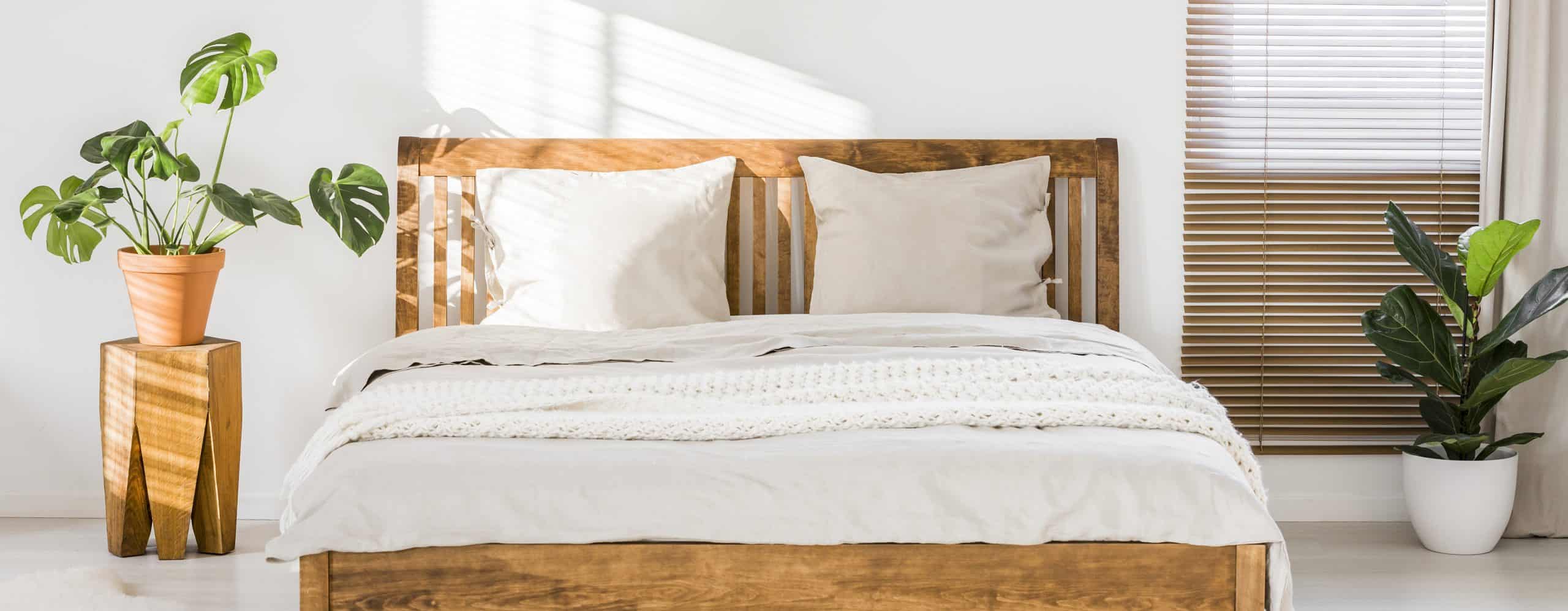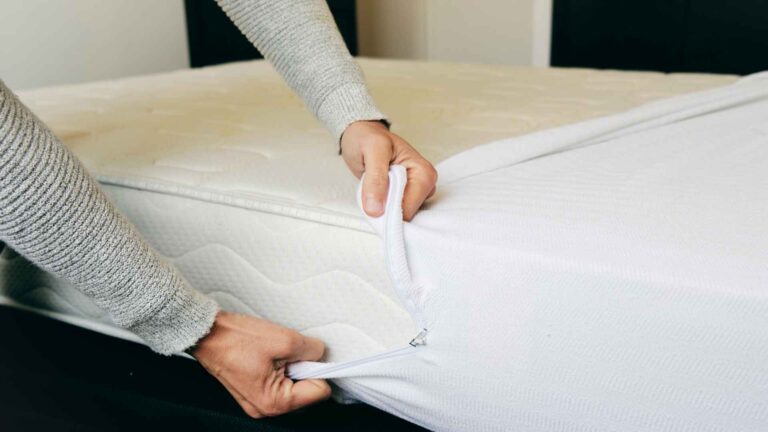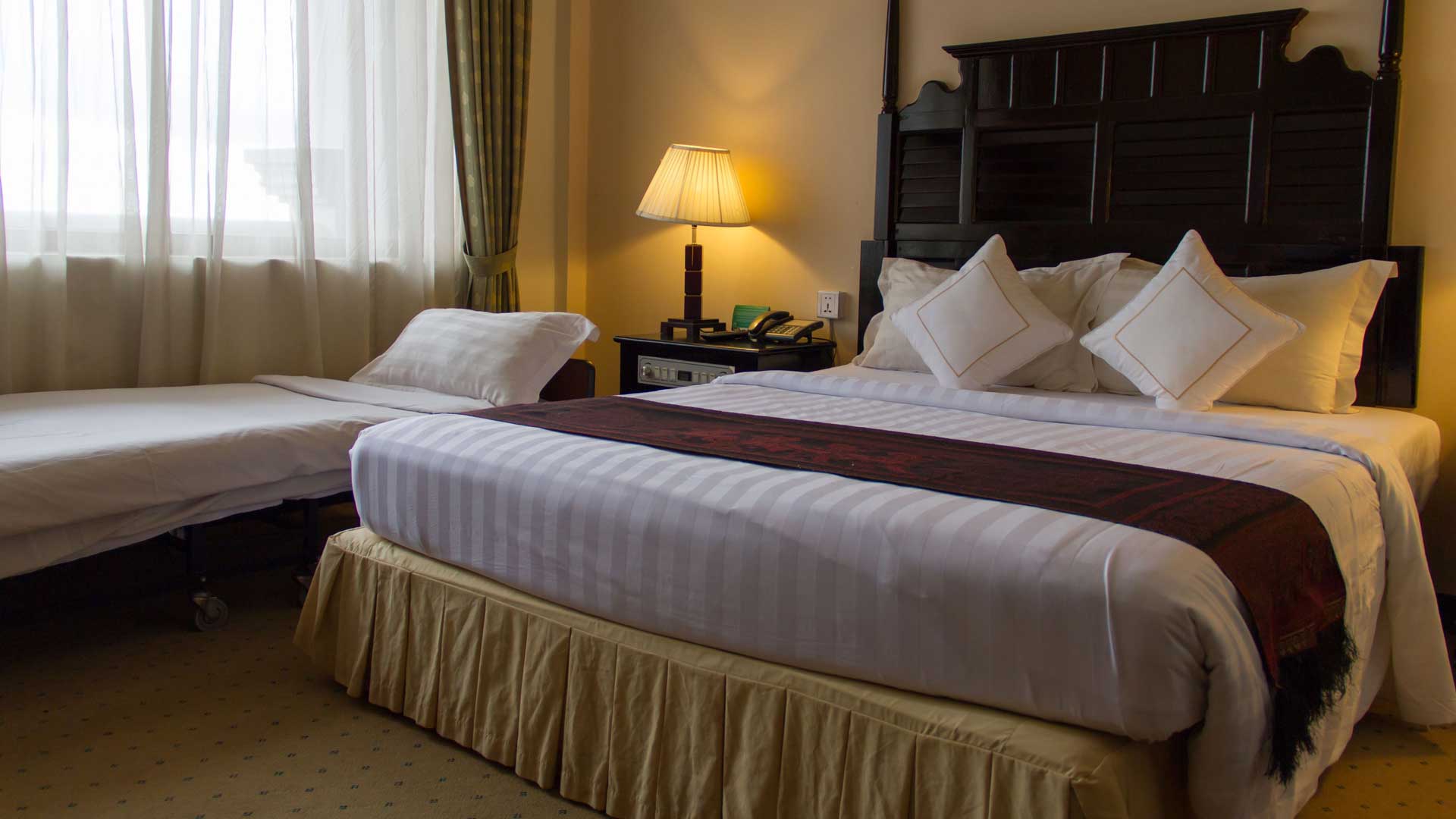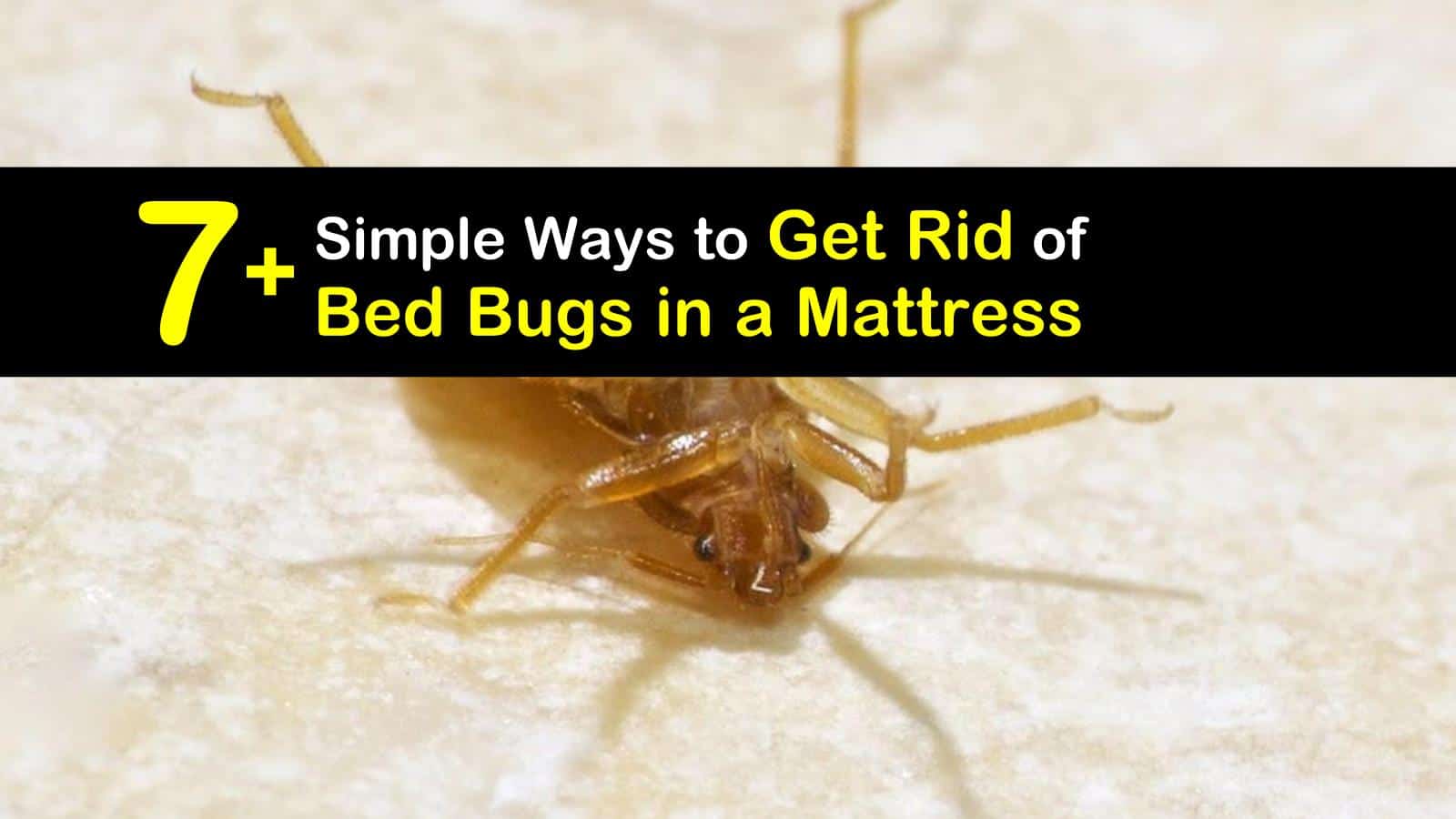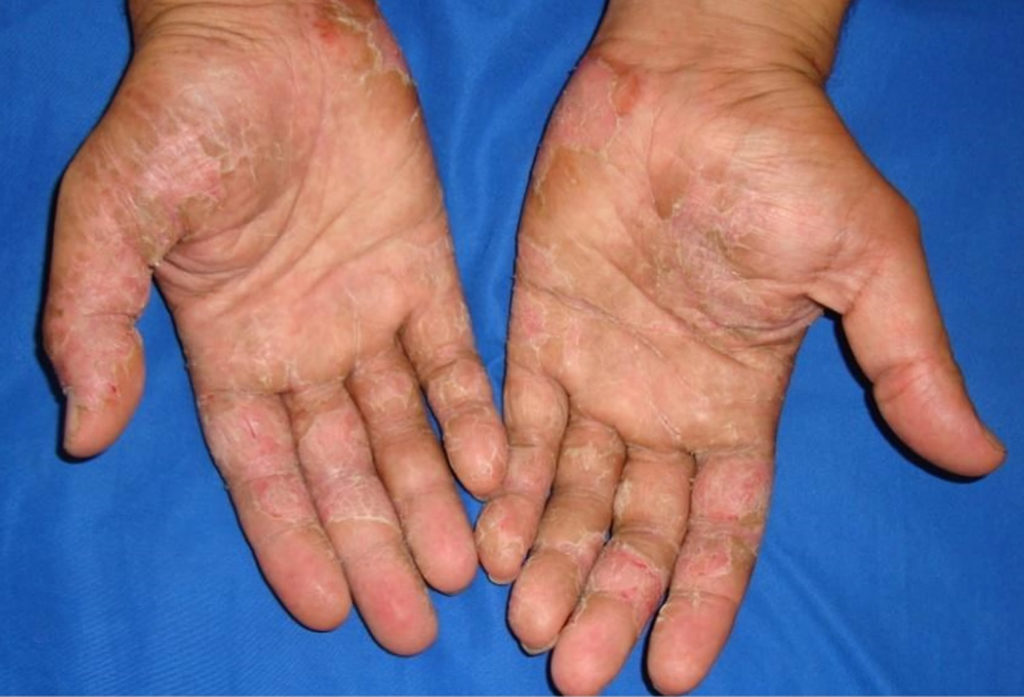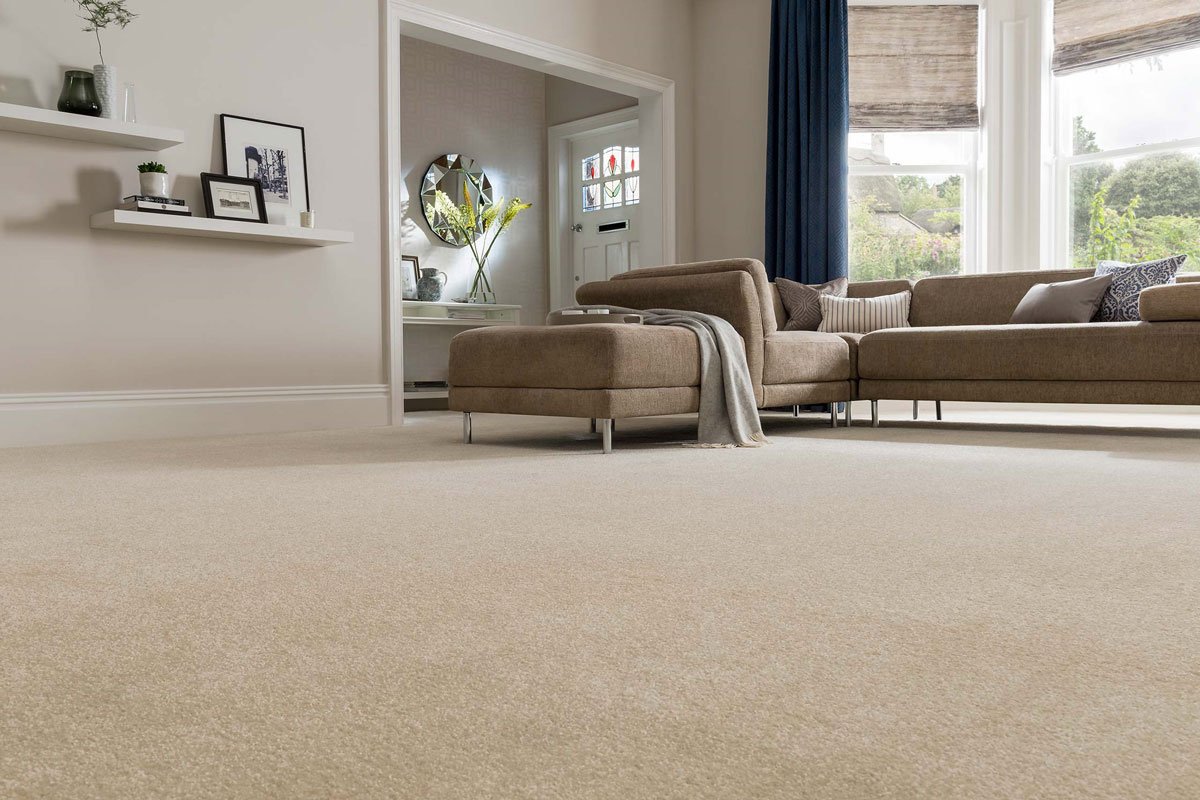One of the main concerns when it comes to buying a mattress protector is whether it will protect against bed bugs. The simple answer is yes, mattress protectors can prevent bed bugs from infesting your mattress. Bed bugs are small, flat, and oval-shaped insects that feed on the blood of humans and animals. They are known for their ability to hide and can easily infest mattresses, bedding, and furniture. However, with a good quality mattress protector, you can create a barrier between yourself and these unwanted pests. Bed bugs are attracted to human body heat and carbon dioxide, making your mattress an ideal place for them to hide and reproduce. But with a mattress protector, they won't be able to penetrate the fabric and make their home in your bed.1. Do mattress protectors prevent bed bugs?
The effectiveness of a mattress protector against bed bugs depends on the quality of the product. A good quality mattress protector that is specifically designed to protect against bed bugs can be highly effective in preventing an infestation. These protectors are made with tightly woven fabrics that have a pore size small enough to prevent bed bugs from passing through. They also have a waterproof layer that prevents bed bugs from reaching the mattress and hiding in the seams or crevices. Bed bugs are resilient creatures and can survive for months without feeding. So, even if there are a few bed bugs trapped inside the protector, they won't be able to reach you and will eventually die off.2. How effective are mattress protectors against bed bugs?
While mattress protectors are designed to create a barrier against bed bugs, it is not impossible for them to get through. If the protector is not of good quality or is damaged, bed bugs can still find their way into your mattress. It is important to regularly inspect your mattress protector for any tears or holes, as even the smallest opening can provide an entry point for bed bugs. Additionally, make sure to properly seal the zipper of your mattress encasement, if you have one, to prevent any bed bugs from escaping. If you notice any signs of bed bugs, such as blood spots, fecal stains, or live bugs, on your mattress protector, it is important to take immediate action to prevent an infestation.3. Can bed bugs still get through mattress protectors?
When it comes to selecting a mattress protector to protect against bed bugs, there are a few key features to look for. The first is a tightly woven fabric with a pore size of less than 6 microns, as this will prevent bed bugs from passing through. Another important feature is a waterproof layer, which will not only protect against bed bugs but also against spills and stains. A mattress encasement, which covers the entire mattress, is also recommended for added protection. Bamboo and cotton are natural fabrics that are highly effective in preventing bed bugs, as they are breathable and hypoallergenic. Look for mattress protectors made with these fabrics for the best protection against bed bugs.4. What type of mattress protector is best for bed bugs?
A mattress encasement is a type of mattress protector that covers the entire mattress, including the top, bottom, and all sides. This creates a sealed barrier against bed bugs, preventing them from entering or escaping. Mattress encasements are highly effective in preventing bed bugs, as they eliminate any potential entry points for the bugs. They also make it easier to detect and eliminate any bed bugs that may already be present in your mattress. It is important to note that not all mattress encasements are designed to protect against bed bugs. Make sure to look for products that specifically mention bed bug protection.5. Do mattress encasements work for bed bugs?
When purchasing a mattress protector, it is important to look for products that are specifically labeled as bed bug proof. These protectors will have a pore size of less than 6 microns and will often mention bed bug protection in their product description. You can also check for certifications, such as the Global Organic Textile Standard (GOTS), which ensures that the product is made with organic materials and meets strict environmental and social criteria. Additionally, reading reviews from other customers can give you a better idea of the effectiveness of the mattress protector in preventing bed bugs.6. How do you know if a mattress protector is bed bug proof?
Since mattress protectors create a barrier between you and your mattress, it is unlikely for bed bugs to live on the protector itself. However, they can still hide in the seams or crevices of the protector, especially if it is damaged or not properly sealed. Regularly inspecting and washing your mattress protector can help eliminate any bed bugs that may be hiding on its surface. It is also recommended to use a bed bug spray on the protector before putting it on your bed to kill any potential bed bugs.7. Can bed bugs live on a mattress protector?
If you prefer natural and chemical-free solutions, there are mattress protectors available that use natural materials to repel bed bugs. These include protectors made with bamboo, cotton, or wool, which are all known for their natural resistance to bed bugs. Some mattress protectors also use natural repellents, such as neem oil or cedarwood oil, to keep bed bugs at bay. These natural options are not only effective in preventing bed bugs but also safe for you and your family.8. Are there any natural mattress protectors that repel bed bugs?
While mattress protectors are designed to last for a long time, they are not indestructible. Over time, they can become damaged or lose their effectiveness in preventing bed bugs. It is recommended to replace your mattress protector every 1-2 years or whenever you notice any signs of wear and tear. Regularly inspecting and washing your protector can also help prolong its lifespan. If you have recently dealt with a bed bug infestation, it is also a good idea to replace your mattress protector as a precautionary measure, even if it appears to be in good condition.9. How often should you replace a mattress protector for bed bugs?
Some mattress protectors may have bed bug-killing properties, such as those treated with diatomaceous earth or essential oils. However, it is important to note that a mattress protector's main function is to prevent bed bugs, not necessarily eliminate them. If you suspect a bed bug infestation, it is important to take immediate action and use appropriate bed bug treatments to eliminate the problem. A mattress protector can help prevent future infestations, but it is not a replacement for proper pest control measures. In conclusion, mattress protectors are an effective way to prevent bed bugs from infesting your mattress. Look for high-quality protectors with a pore size of less than 6 microns, a waterproof layer, and natural materials for the best protection against bed bugs. Regularly inspect and replace your protector to ensure its effectiveness, and always use proper bed bug treatments if an infestation occurs.10. Do mattress protectors kill bed bugs?
How Do Mattress Protectors Work Against Bed Bugs?

Protecting Your Mattress from Bed Bugs
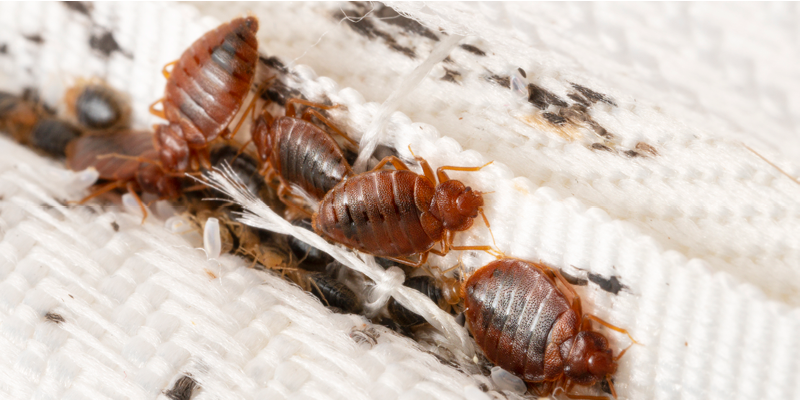 One common misconception about bed bugs is that they only infest dirty and unclean spaces. However, bed bugs can be found in even the cleanest of homes. They can easily hitch a ride on your clothes, luggage, or even on your pets, making it difficult to prevent their entry into your home. Once they have found a warm and cozy place to call home, they can quickly multiply and cause a major infestation. This is where mattress protectors
come into play
.
One common misconception about bed bugs is that they only infest dirty and unclean spaces. However, bed bugs can be found in even the cleanest of homes. They can easily hitch a ride on your clothes, luggage, or even on your pets, making it difficult to prevent their entry into your home. Once they have found a warm and cozy place to call home, they can quickly multiply and cause a major infestation. This is where mattress protectors
come into play
.
How Mattress Protectors Work
 Mattress protectors are designed to create a barrier between you and your mattress, preventing bed bugs from infesting your sleeping space. They are made from a tightly woven fabric that is impenetrable by bed bugs, making it difficult for them to enter or exit your mattress. Additionally, some mattress protectors are also treated with insecticides, such as permethrin, which can further prevent bed bugs from nesting and reproducing on your mattress.
Mattress protectors are designed to create a barrier between you and your mattress, preventing bed bugs from infesting your sleeping space. They are made from a tightly woven fabric that is impenetrable by bed bugs, making it difficult for them to enter or exit your mattress. Additionally, some mattress protectors are also treated with insecticides, such as permethrin, which can further prevent bed bugs from nesting and reproducing on your mattress.
Benefits of Using Mattress Protectors
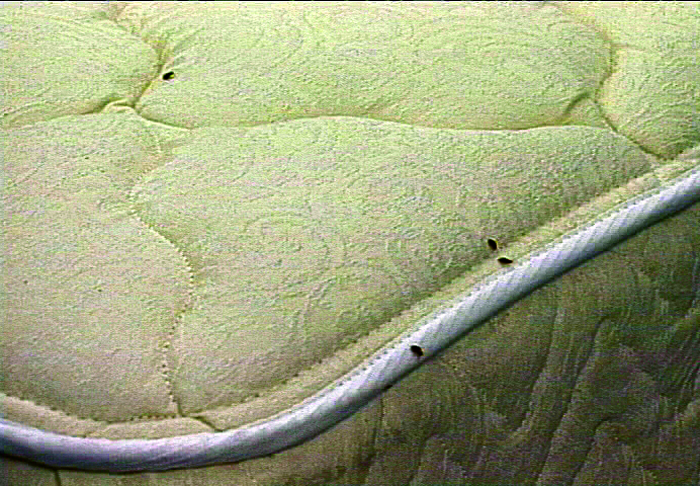 Using a mattress protector
not only
helps prevent bed bugs, but it also has other benefits. First and foremost, it
can help
extend the lifespan of your mattress. Mattresses can be expensive, and by using a protector, you can protect it from spills, stains, and wear and tear.
Having a mattress protector
also makes cleaning your mattress easier. If you do happen to spill something on your bed, you can simply remove the protector and wash it, rather than trying to clean your entire mattress.
Using a mattress protector
not only
helps prevent bed bugs, but it also has other benefits. First and foremost, it
can help
extend the lifespan of your mattress. Mattresses can be expensive, and by using a protector, you can protect it from spills, stains, and wear and tear.
Having a mattress protector
also makes cleaning your mattress easier. If you do happen to spill something on your bed, you can simply remove the protector and wash it, rather than trying to clean your entire mattress.
Additional Tips for Bed Bug Prevention
 While mattress protectors are an effective way to prevent bed bugs, it is also important to take other preventive measures.
Regularly vacuuming your mattress
and keeping your bedroom clutter-free can help reduce the chances of a bed bug infestation. It is also a good idea to inspect your mattress and bedding regularly for any signs of bed bugs, such as small blood stains or dark spots. If you suspect a bed bug infestation, it is best to contact a professional pest control company to properly eradicate the pests.
While mattress protectors are an effective way to prevent bed bugs, it is also important to take other preventive measures.
Regularly vacuuming your mattress
and keeping your bedroom clutter-free can help reduce the chances of a bed bug infestation. It is also a good idea to inspect your mattress and bedding regularly for any signs of bed bugs, such as small blood stains or dark spots. If you suspect a bed bug infestation, it is best to contact a professional pest control company to properly eradicate the pests.
Conclusion
 In conclusion, mattress protectors are an important tool in the fight against bed bugs. They create a physical barrier that prevents bed bugs from nesting and reproducing on your mattress, making it
an essential
for any household. By using a mattress protector and taking other preventive measures, you can rest easy knowing that your sleeping space is protected from these pesky pests.
In conclusion, mattress protectors are an important tool in the fight against bed bugs. They create a physical barrier that prevents bed bugs from nesting and reproducing on your mattress, making it
an essential
for any household. By using a mattress protector and taking other preventive measures, you can rest easy knowing that your sleeping space is protected from these pesky pests.


